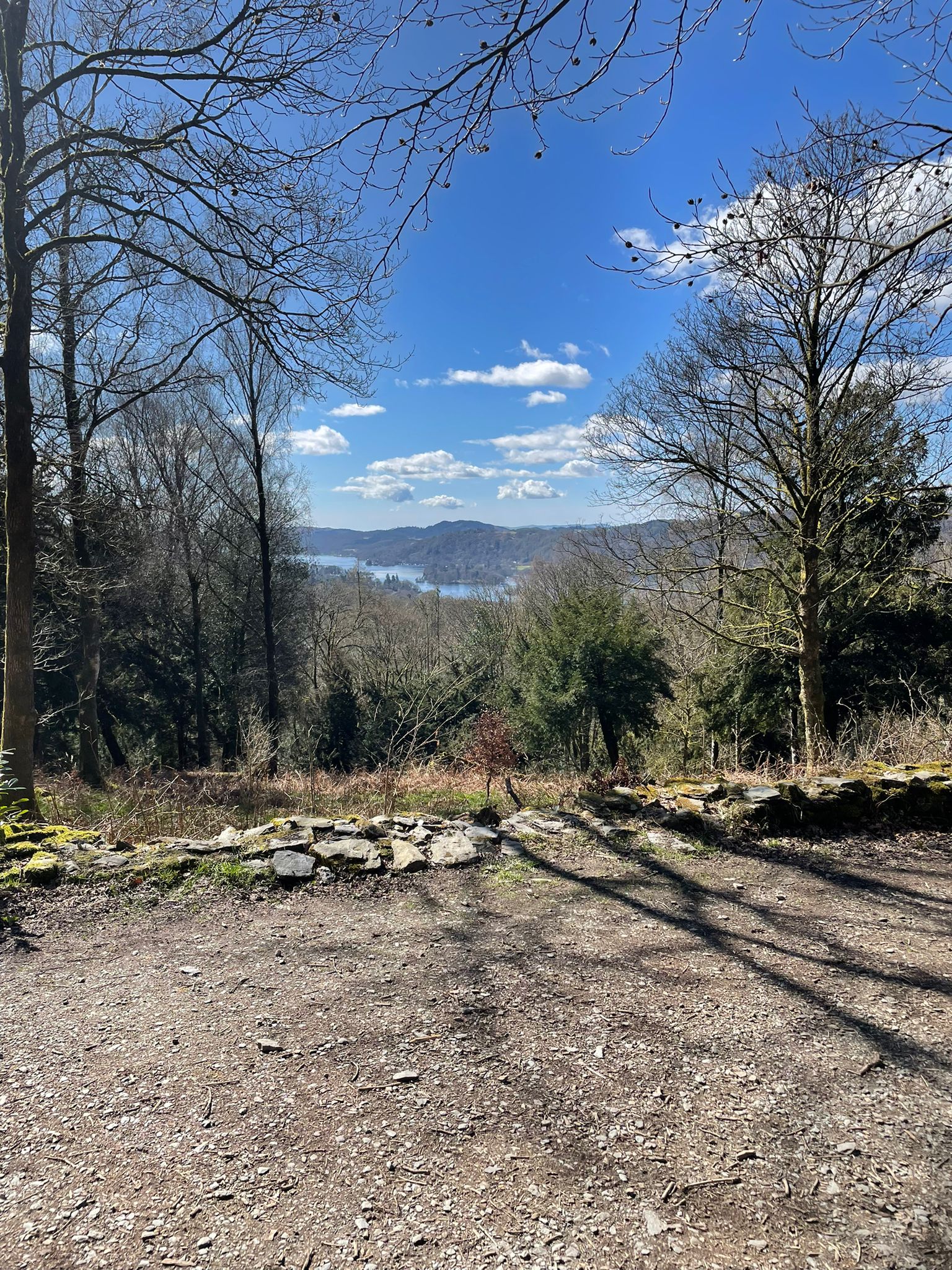Windermere's Wake-Up Call: A Problem Caused By Humans, For Humans

By Isobel Edmondson, Travel Digital Editor and Emily Barrett, SciTech Editor
The Croft Magazine // Most Bristol students know of Windermere or have holidayed there, but may be shocked to know that the lake has becoming toxic over the years. With the help of Emily from SciTech and interludes of Wordsworth's poetry, Isobel travels from North-West to South-West to bear the bad news.
Isobel:
'Is there no nook of English ground secure from rash assault?', William Wordsworth pleas in his 1844 Sonnet, On The Projected Kendal and Windermere Railway. This was in response to the proposed railway service which would transport hundreds of tourists to Windermere, a railway which opened just three years later and has proved very useful to many, including me, in getting around, commuting and exploring its beauty. That said, today, Wordsworth’s works take on a whole new meaning in the context of the unregulated pollution of Windermere. This tale of gross negligence would have the poet turning in his grave and gives perfect context to the Taylor Swift lyrics ‘Those Windermere peaks look like a perfect place to cry’ (The Lakes).
Growing up near the area, the news of Windermere’s water becoming more toxic by the year was tough to digest. I remember a primary school trip to Dove Cottage, learning about the natural paradise Wordsworth had documented, and seeing it first-hand. It hadn’t occurred to me that this seemingly pristine lake could be infiltrated by sewage, and yet here were all these Instagram story re-posts of the conservationist and zoologist Matt Staniek depicting green waters and animal carcasses.

'I went alone into a Shepherd’s boat,
A skiff, that to a willow-tree was tied
Within a rocky cave, its usual home.
The moon was up, the lake was shining clear' (‘Boat Stealing’ from Wordsworth’s Prelude, 1799)
In retrospect, perhaps it was naïve of me to assume that sewage was kept separate from clear water lakes, where hoards of people swim all year round. That said, we can probably all agree that we only get taught a handful of information about, well, anything at school. A certain amount of sewage can safely be released into certain bodies or streams of water. However, what we have seen in recent years is far from safe for anyone involved, as Emily explains.
Emily:
The sewage pumped into Lake Windermere adds phosphorus to the water, a nutrient which acts as a fertiliser for algae. Excessive phosphorus levels can lead to algal blooms – the rapid growth of algae – reducing the lake’s ability to support other life. The process of algae dying and decomposing consumes dissolved oxygen in the water, which means less oxygen is available for fish in the lake. According to Matt Staniek’s Save Windermere campaign, the effects of this are already visible; species of fish such as arctic char, Atlantic salmon and sea trout are all in decline.
Blue-green algae does not only represent a danger to fish, however. While not all algal blooms are toxic, some can be harmful to humans and animals and the Lake District National Park Authority advises that ‘it is impossible to tell if the algae is the dangerous kind just by looking at it’. Lake Windermere is popular for activities such as paddle boarding and swimming, but this decline in water quality could see these activities restricted to smaller areas due to health concerns.
'And, growing still in stature, the huge cliff
Rose up between me and the stars, and still,
With measured motion, like a living thing
Strode after me' (‘Boat Stealing’ from Wordsworth’s Prelude, 1799)
Isobel:
Windermere is a mirror reflecting the ugliest sides of humanity. If we continue to tamper with the earth, it will give us a taste of our own medicine. This form of blue-green algae is poisonous to us, and it’s a potion that humans mostly helped concoct. Large bodies of water can be frightening enough, given many possible factures such as bad weather, yet day by day, we make a deadly monster out of it. The virtual harmony that would have existed before mass industrialisation has been chipped away at. All this to say, it seems we only begin to take notice when our health becomes compromised.
Wordsworth finishes ‘Boat Stealing’ with a sense of disillusionment at the nature he thought he knew so well and the sudden realisation of his mortality among the vast landscapes he lived in. Today, it’s as if we see our landscapes as so huge in comparison to us that no amount of interference could significantly affect it. Just a fraction more sewage released into a large body of water is absolutely fine... The rhetoric ‘It rains so much up north. No one will notice a thing’ has so far seemed to get water companies off the hook. Not anymore.
These spots are delicate and require respect, otherwise they become strange, deformed, unrecognisable.
'That spectacle, for many days my brain
Worked with a dim and undetermined sense
Of unknown modes of being' (‘Boat Stealing’ from Wordsworth’s Prelude, 1799)
Today Wordsworth’s legacy not only lives on through his works, but via today’s budding conservationists and nature writers such as Matt Staniek and Dara McAnulty. The latter wrote Diary of a Young Naturalist which highlights in poetic detail the intrinsic value of nature, how it feeds the soul like nothing else can, and often provides solace in the darkest periods of our lives. McAnulty and Staniek, members of generation Z like most Epigram and The Croft readers, wake up each day to an environment infected by a parasitic touch of older generations, and decide to act. Ultimately, it is up to us to set new standards of environmental protection to undo effects of past mistakes.
Around Easter, I received a copy of South Lakeland Herald with the headline ‘Lib Dems take action against the lake sewage, condemning the government for ‘taking the side of water companies’’. On BBC Radio, I heard discussions of Britain’s water quality problems, which revealed the government’s law that will ban plastic wet wipes to improve water quality is due to be set into action in 2024, which opposition parties call ‘too little too late’. I must agree, but it is reassuring to know that this issue is being illuminated on a local and national scale. The most effective method will no doubt reveal itself over the next few years.
The call of the wild has become a battle cry in protest against careless human antics. How we, or rather, how the culpable organisations respond, will decide the fate of Windermere.
Featured image: Isobel Edmondson
To get involved, go to: www.savewindermere.com.
